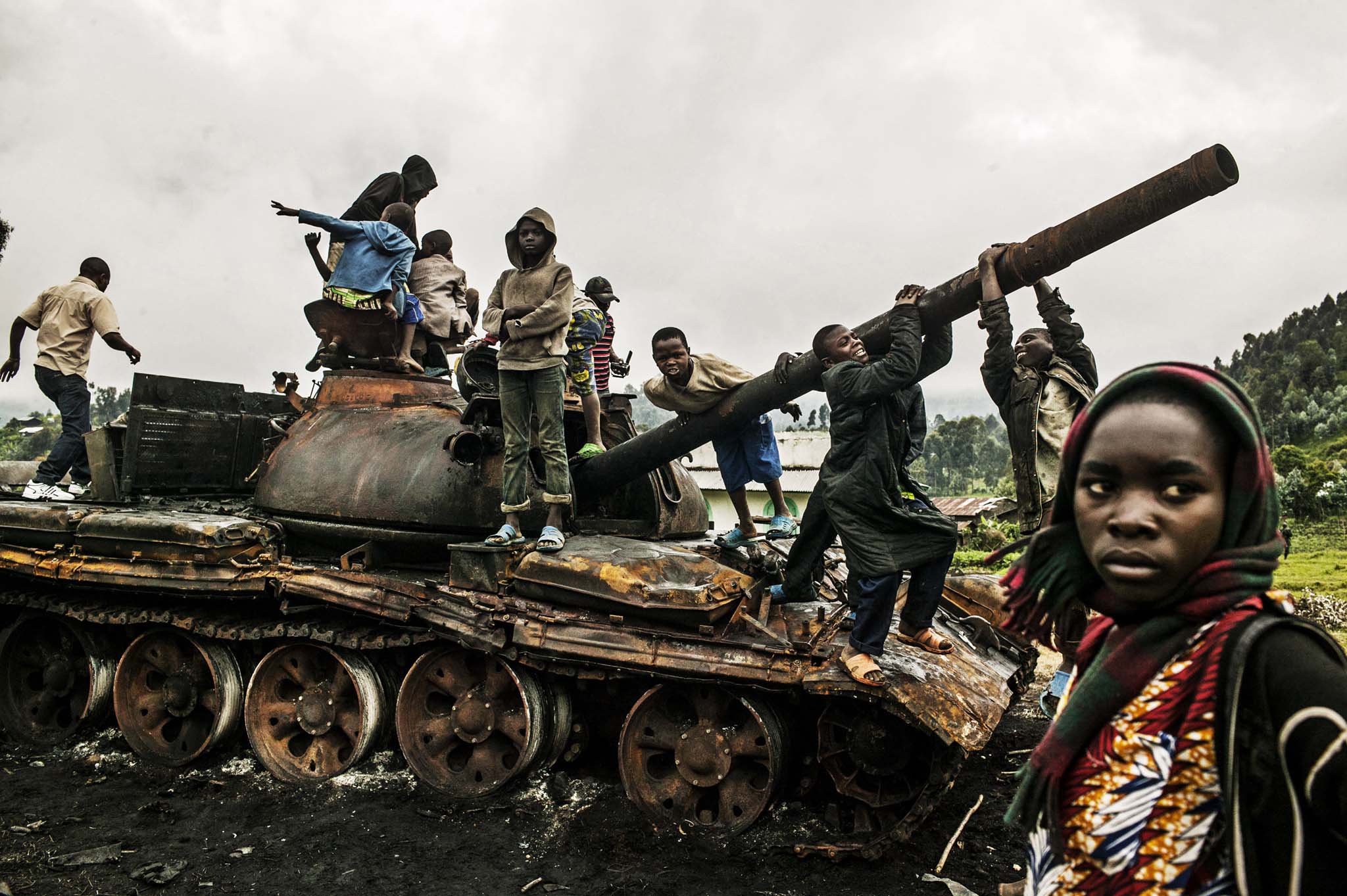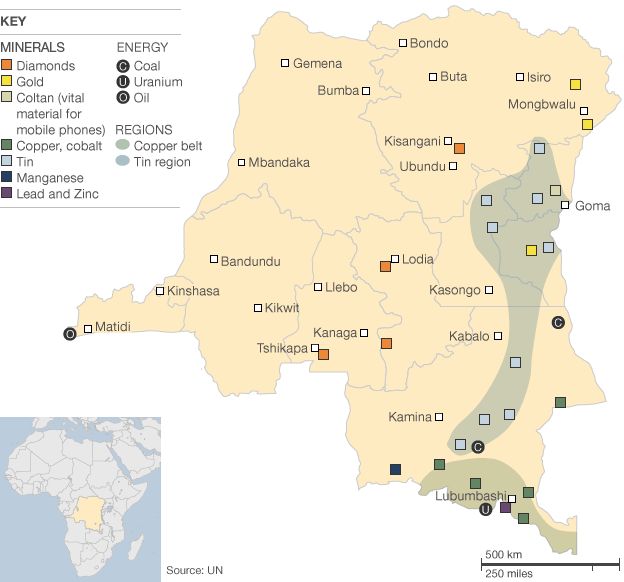
 Getting to the bottom of Congo’s war
Getting to the bottom of Congo’s war
It is widely known that the continent of Africa, a place conflated in the public consciousness into one big, undeveloped realm of danger, is fraught with crime, war and disease. The details of these social problems are not widely known to the vast majority of young people and the general public in the UK.
The Western world is only just starting to awaken to the reality of war in the Middle East and the suffering of Syria due to the USA’s loud, publicised involvement, but the human rights violations going on in Congo remain vastly unilluminated. This is to everyone's detriment. When the world can see the horrors of war, it is often galvanised into action, which leads to progress, however slow its pace.
When William Hague and Angelina Jolie flew to Congo in 2013 to speak against rape as a war crime, the eyes of people everywhere fell on Congo and its rape problem. Unable to ignore the attention, the government launched an extensive rape tribunal.
Hague and Jolie’s campaign had a very limited effect on the continued sexual violence in Congo, but the clarity and global awareness it created were a good first step. UK citizens can follow Jolie’s example by shouting about the humiliation of women in Congo, and of every person living without safety and health in Congo.
Clarity and global awareness are hugely lacking in the path to Congolese peace. The war in Congo officially ended in 2003, but the fighting persists, mainly in the east. Tied up in corruption and lies, Congo might struggle to ever move on from its war while obscurity blankets the true causes of the conflict.
All the mainstream Western media outlets, including the Washington Post and the BBC, are guilty of tunnel vision when it comes to Congo. Focused on civil conflict between the government and rebels, or on conflict between Congo and its neighbours, Rwanda and Uganda, they fail to highlight the seriousness of the involvement of foreign governments in Congo’s war.

It is easy to criticise developing nations and their corrupt leaders. More difficult is to unearth the extent of the network of those controlling the conflict, and unmask the puppet masters with the resources to cover their tracks – the USA, Britain, France and Germany. Since independence, Congo was left a clear target for looting, being one of the world’s greatest resources of precious minerals, many essential to technology.
Its neighbours, Rwanda and Uganda, loot it for all it’s worth. And who gets the minerals? The USA and Europe. Warlords control the mines and their resources. Behind the warlords are the international investors who trade with them, getting coltan from Congolese mines into UK iPads. Whilst in many countries, it is completely legal to purchase conflict minerals, many minerals are imported via anonymous companies that operate in anonymous offshore tax havens. As usual, big business is behind millions of deaths.

The diagram above shows Congo's mineral wealth
How the UN can send peacekeeping missions into Congo whilst the USA buys resources stolen from Congo by Rwanda under clear violations of the constitution and human rights is an insult. Similarly, how can the BBC investigate civil battles in Congo and fail to investigate the journey of minerals from Congo to the Apple store? Humanitarian failures abound.
Often legal, this abusive relationship between Western countries and Congo is a diluted slave trade. Leaders of Western countries should legislate for complete transparency in trade with Africa. If the BBC, CNN, Fox News, CBS and other media groups really care about the plight of the Congolese, they should interrogate the global supply of gold, diamonds, cobalt, coltan and every other conflict mineral.
